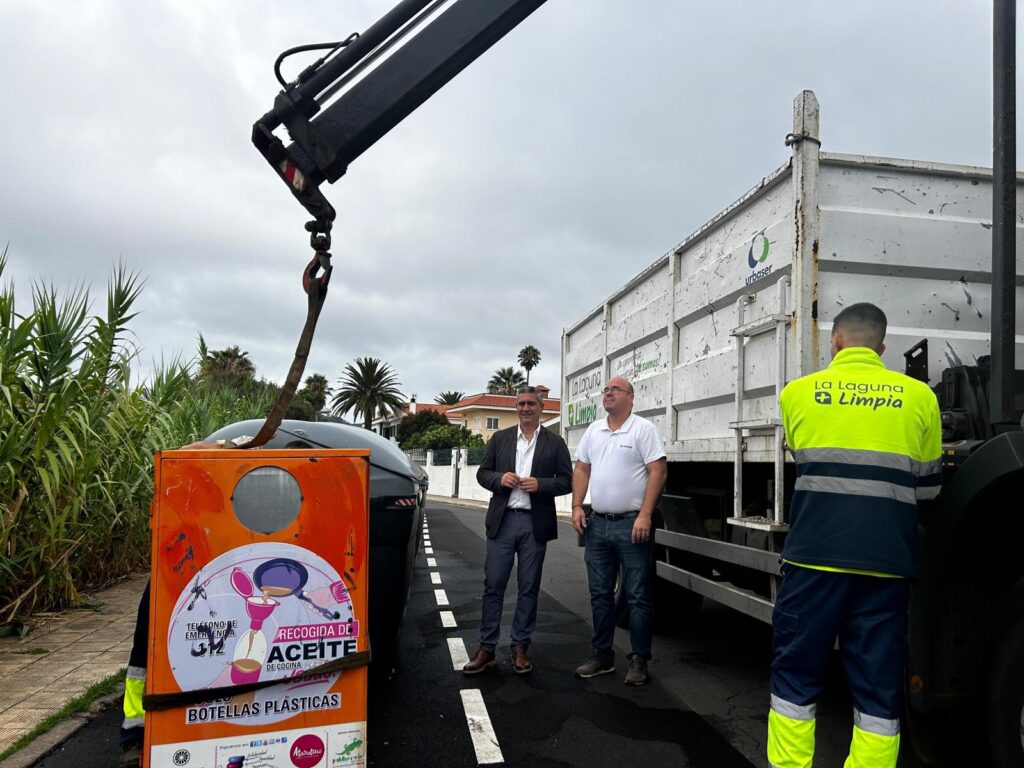
SANTA CRUZ DE TENERIFE, March 4 (EUROPA PRESS) –
Aldeatrón Robotix and Skynet II have been proclaimed today Saturday as winners of the First Lego League Canarias 2023, held at the Colegio Hispano Británico. This international program that promotes scientific and technological vocations among young people has had the participation of 55 teams from three different categories.
The first vice-president of the Cabildo and island councilor for Innovation, Enrique Arriaga, congratulated both teams on their victory and assured that they will be a magnificent representative of the Archipelago in the Grand Final of the national First Lego League.
Likewise, he highlighted the high level that all the participants have shown and stressed that the important thing “is not to achieve first place, but that they have put their technological skills to the test thanks to the development of all these innovative projects”.
Along these lines, he took the opportunity to invite the participants to continue working on “projects as ingenious and useful as those they have defended in this competition, which reveal the interest of each and every one of them in defending the environment and in the search for a more sustainable world”.
This season, the SuperPowered challenge invited teams to work with energy and its cycle, from generation to consumption, passing through its distribution, storage, or new energy sources.
The project carried out by Aldeatrón Robotix was HOPESz (Home Overload Prevention for Electrical Safety), a device that prevents overloading of power strips and extension cords, which often causes domestic fires. For its part, Skynet II developed ‘My sustainable school’ with the aim of generating energy so that the center is energetically sustainable based on solar energy, pressure and force.
During the awards ceremony, Arriaga assured that the technological sector “is experiencing great growth in the Islands and for this reason the Cabildo seeks to “awaken scientific vocations among the little ones”. “We believe that we are succeeding in this task because each More and more young people are interested in this competition”, he added.
Enrique Arriaga pointed out that this year, for example, they have achieved great participation with 21 Challenge teams, between 10 and 16 years old, compared to the 16 teams recorded in the previous edition; 33 Explorer teams, ranging from 6 to 9 and on the last occasion there were 21 teams; and one Discover, who are the youngest between 4 and 6 years old and had not participated the previous year.
The insular director of Innovation, Aránzazu Artal, highlighted “the involvement of the Cabildo in promoting the Stem areas, understood as the disciplines of science, technology, engineering and mathematics” and explained that the First Lego League “is part of the Talentum program, an initiative of the Science and Technology Park that promotes activities to create qualified professionals in the scientific field that respond to the demand for personnel that current technology companies have”. Artal encouraged the young people to continue to be interested and educated in these areas and congratulated them on the great work they have done.
Each season, First Lego League challenges children and youth ages 4 to 16 to solve real-world problems such as recycling, water management or renewable energy through the opportunities offered by science and technology. This contest has an international scope and each edition accounts for the participation of around 680,000 young people from 110 different countries.
















